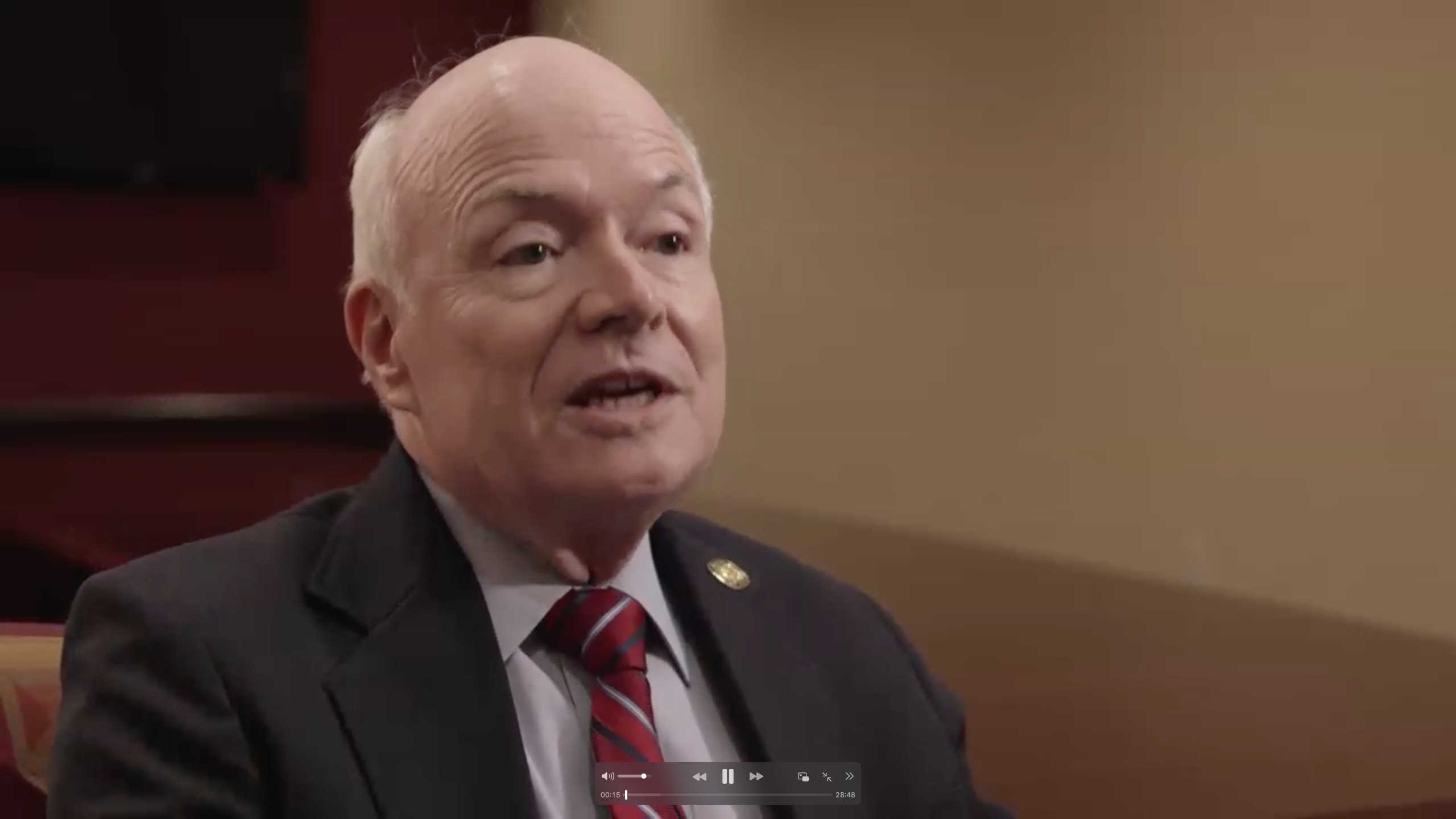
AFAIN: Talking Points, Failed Experiments, Economic Doom – American Family Association of Indiana
The Pro-Abortion Talking Points
It is no great claim to point out that the media mostly leans toward the pro-abortion side of the debate over life. After all, they won’t even use the term “pro-life.” It is always “pro-choice” and “anti-abortion” wording in their news stories. Add this to the overall liberal culture in which we live where conservatism is opposed, faith is mocked, and the idol of self-desire above everything else, and it is no surprise that the pro-life argument is seldom well or fairly presented in the public arena.
Since the Dobbs ruling, numerous pro-choice arguments have been repeated constantly. Emotional appeals with issues of rape or incest to oppose restrictions on abortion are among the most common right now.
There are several resources out there in response to pro-choice claims, but here is a very brief item addressing eight common arguments often heard since the overturn of Roe.
Some time ago, I put together an AFA-IN “fact sheet” on life that is called, The Question that Matters Most. You may also find it of interest here:
Incidentally, last week, Governor Eric Holcomb indicated that he is likely to sign any pro-life bill passed by the legislature this summer. Still, we need to know how to defend life and will need to contact our state legislators when they go into session on the 25th.
A Rapid and Major Economic Downturn
A new annual survey of business leaders has recorded a pessimism about the economy not seen before in the twelve years JP Morgan began their Business Leaders Pulse polling.
Only 19% of business leaders responding in their survey are currently optimistic about our nation’s economic condition in the near future. This pessimistic result is particularly concerning considering their survey just one year ago when 75% of business leaders were optimistic about our economy looking forward.
The top concern among business leaders is inflation which is at a 40-year high under President Biden. Rising costs are cited as their most significant business challenge among 99% of those surveyed, with 70% also citing employee recruitment and retainment as another major problem for running a business right now.
Well, That Didn’t Turn Out So Well . . .
The Heritage Foundation noticed something disturbing in their weekly news story wrap-up. They noted that a liberal experiment in the state of Oregon has had disastrous results.
Last year, Oregon became the first state to decriminalize small amounts of hard drugs to get addicts more treatment and less time in jail. That experiment came through a first in the nation ballot referendum where voters approved the decriminalization of drugs.
Since that policy change took place in February 2021, drug overdoses have skyrocketed. Overdose deaths in Oregon are now up 41% at 1,069 deaths. By comparison, overdose deaths nationally rose roughly 15%.
Oregon now has the second-highest substance abuse rate in the nation. Almost one in five adults in the state are drug-addicted. Oregon ranks dead last in treatment access, perhaps because of the overload on the mental health/medical system under such easy access to and flippancy toward illicit drugs.
Drugs, Mental Health & Crime
Last week, a Danish researcher released a new study at the International Congress of the Royal College of Psychiatrists, finding that marijuana is now likely responsible for 25 percent of all new cases of schizophrenia in young men.
There has long been a connection found in various studies between marijuana use and schizophrenia, but this figure is higher than previous estimates. It would translate into tens of thousands of additional cases of new cases each year in the United States. Untreated, this could also equate to individual harm and high social costs with unemployment and disability very common among those with this condition. Unfortunately, too, violent crime is also common.
About half of all those with schizophrenia self-medicate with drugs, the most common being alcohol, marijuana, and/or cocaine. Those who have schizophrenia and use drugs such as marijuana are at least 400% more likely to commit a violent crime than the regular population.
Some authors and researchers are beginning to question if there is a connection between mental health, marijuana use, and violent crime, including school or mass shootings. It is interesting, if not necessarily a proven connection (yet), that the first four states to legalize marijuana, Alaska, Colorado, Oregon, and Washington, have all seen “sharp increases” in violent crime since 2014. (While cause and effect are not yet sufficiently medically documented, marijuana use is undeniably common among large percentages of criminals as studied and noted by even the Obama administration.)
Town Hall with Indiana Atty General Rokita
The Indiana Family Institute and Life Church in Noblesville are hosting a town hall with Indiana Attorney General Todd Rokita on Tuesday, July 12 at 5:30 pm at Life Church, 2200 Sheridan Road, Noblesville.
There has been a lot of legal action surrounding numerous issues of faith, life, family, and education from the AG’s office about which you will want to hear the latest updates and good news.
You can get tickets online here.
In Their Own Words:
“It’s alright all of us all living saying, ‘oh well there’s enough of us so we won’t have anymore, don’t let anybody else live.’ I don’t believe in that.” – John Lennon



